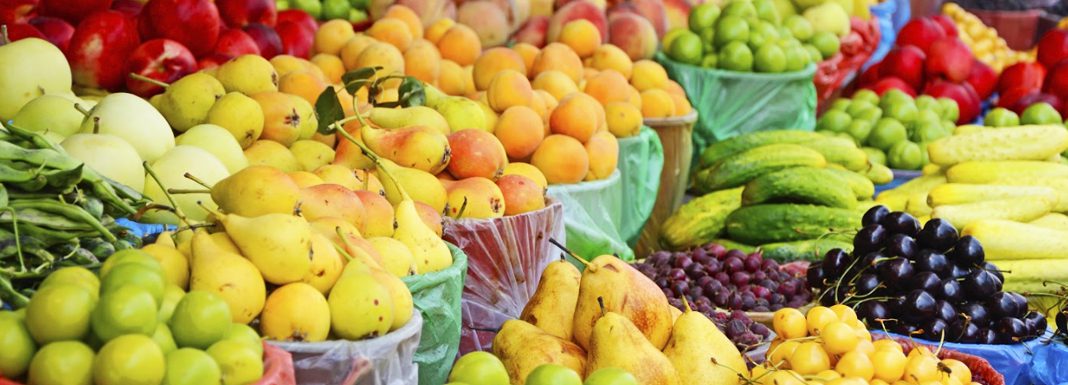A report from the Nurses’ Health Study and the Health Professionals Follow-up Study of more than 126,000 men and women who have been followed for 32 years shows that increasing total fat intake is associated with decreasing risk of death (JAMA Intern Med, August 1, 2016;176(8):1134-1145). This may surprise you because previously researchers have associated increased dietary fat intake with increased heart attack risk. Now we have learned that people who reduce fat intake by increasing their intake of sugars and other refined carbohydrates actually increase their heart attack risk.
Types of Fats
Fats are classified by their chemical structure. Saturated fats are relatively resistant to oxidation because they have no double bonds, whereas polyunsaturated and monounsaturated fats have double bonds that are susceptible to oxidation. While polyunsaturated and monounsaturated fats are relatively stable when they are left in plants, they become very unstable after they are removed from plants because they are separated from the antioxidants that protect them in the whole plant. Cooking these oils oxidizes them to produce potentially harmful fats.
All foods contain mixtures of different types of fats. A food is classified by the dominant type of fat in it. Meat and poultry are classified as containing predominantly saturated fats. Most plants are classified as predominantly polyunsaturated fats, while many nuts, seeds and fatty seed-bearing fruits such as olives and avocados are high in monounsaturated fats. Coconut oil, palm oil and palm kernel oil are high in saturated fats.
Which Fats are Healthful?
In the 1940s, Ancel Keyes proposed the thesis that replacing saturated fat with polyunsaturated fat would lower cholesterol and prevent heart attacks (Lancet, 1957;273:959-66). This caused many respected doctors to recommend that you should reduce saturated fats because they increase heart attack and death risk, and instead eat polyunsaturated and monounsaturated fats because they decrease risk.
This diet was tested in the double-blind Minnesota Coronary Experiment Study. Almost 1000 men and women, ages 20-97, were followed from 1968 to 1973. Their diet could be completely supervised because they lived in state mental hospitals or a nursing home. They were divided into two groups:
• Group I ate a cholesterol-lowering diet that replaced saturated fat with polyunsaturated fats from corn oil and soft corn oil margarine
• Group II ate a control diet high in saturated fat from animal fats, shortenings and trans-fat (hard) margarines.
A recent re-evaluation of the data from this study shows that substituting polyunsaturated fats for saturated fats lowered cholesterol, but did not reduce the rate of premature death from all causes or from heart attacks (Brit Med J, April 12, 2016;353).
These results from the Minnesota study suggest that extracting and processing fats from vegetables and seeds may damage the oils to increase risk for disease. I think that you should not eat a lot of oils extracted from plants because they are easily oxidized to become oxidized fats that increase risk for heart attacks. We know that the man-made trans fats, which turn polyunsaturated vegetable oils into poisons, should have been removed from our food supply more than 30 years ago. Now they are almost gone, thanks to stricter labeling laws, but it is still a good idea to check the list of ingredients on processed foods and reject any that include the words “partially hydrogenated.”
The new data from the Nurses’ Health Study and the Health Professionals Follow-up Study shows that replacing five percent of saturated fat calories with polyunsaturated fats reduced the death rate within the study period by 27 percent and replacing saturated with monounsaturated fats reduced the death rate by 13 percent. The polyunsaturated fats found in deep water fish (omega-3s) and in most plants (omega-6s) are both considered to be healthful (JAMA Intern Med, August 1, 2016;176(8):1134-1145). However, this suggests that substituting plants or seafood for red meat may help to prevent disease and prolong lives; it does not show that saturated fat causes diseases or that polyunsaturated or monounsaturated fats prevent diseases. As of today, no randomized controlled studies show that replacement of saturated fat with polyunsaturated fats significantly reduces the rate of heart attack deaths or deaths from all causes.
Increased Risks from Red Meat Appear Not to Come from Saturated Fat or Cholesterol
Red meat has been shown repeatedly to be associated with increased risk for diabetes, heart attacks, cancers and premature death. However, it does not appear that the cholesterol or saturated fats in meat are the causes of health problems. Now the increased risks associated with meat appear to be linked to:
• TMAO, produced by gut bacteria from carnitine, choline, lecithin, creatine and creatinine, which are found in meat and other animal products
• Neu5c, a sugar-protein in meat from mammals that can lead to inflammation
• Advanced glycation end products (AGEs), proteins and sugars bound together when meat is cooked at high temperatures without water (grilling, broiling, frying)
• Nitrites and other additives in processed meats
My Recommendations
• Polyunsaturated and monounsaturated fats IN plants are healthful and do not need to be restricted.
• Polyunsaturated and monounsaturated oils that have been extracted from plants are less healthful, perhaps because they are processed at high temperatures to make them more stable.
• Saturated fats found in plants such as coconut and palm oils have been associated with reduced risk for heart attacks.
• Cooking with any type of fat at high temperatures can alter the chemical structure and make the fat less healthful.
• Risks associated with eating red meat appear to have little to do with their saturated fat or cholesterol content.
• I recommend a heart-healthy diet that is high in plants (fruits, vegetables, whole grains, beans, nuts and other seeds) and that restricts foods and drinks with added sugars, meat from mammals and fried foods.
Checked 8/22/18


